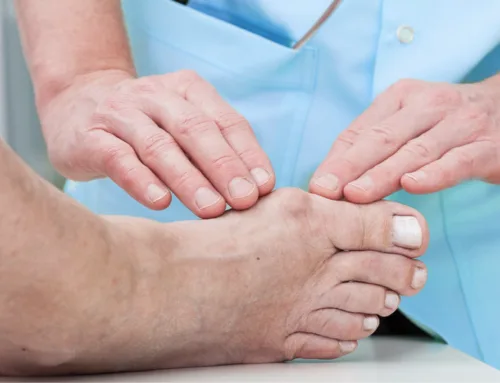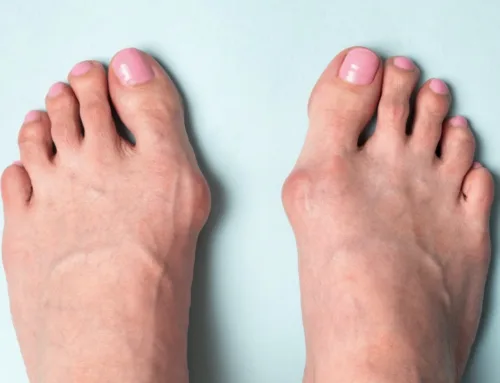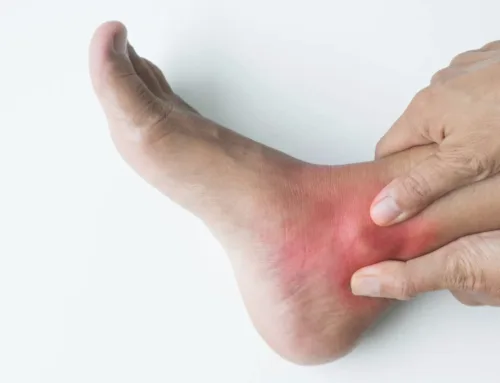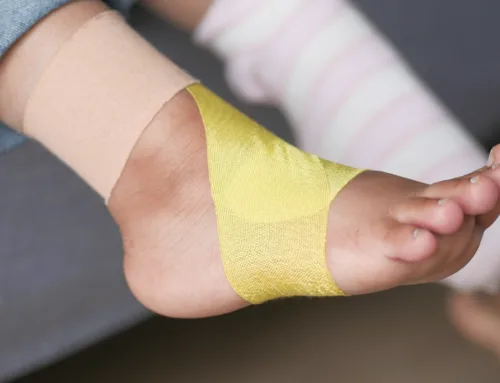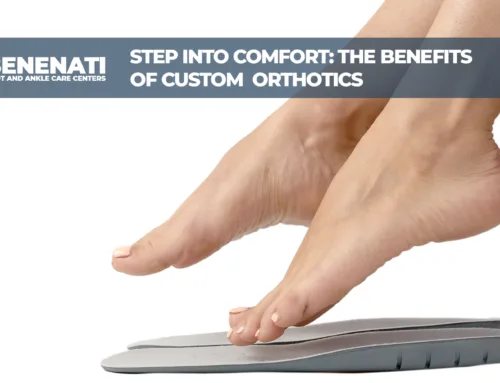Acrocyanosis
Acrocyanosis is a painless disorder that affects the arteries supplying blood to the skin of the hands and feet. These small arteries carry oxygen and nutrients through the blood to the skin of the extremities. Spasms in the arteries block blood flow in people with this condition. Without adequate blood supply, the skin lacks oxygen, which changes the skin color to a dark blue to purple color. This characteristic color is called cyanosis.
Acrocyanosis is generally a benign condition, but can be indicative of a serious medical illness elsewhere in the body, such as cardiovascular or connective tissue disease. It occurs more frequently in women than in men. Symptoms include feet that are persistently cold in temperature, blue skin discoloration, sweaty or moist skin, and swelling.
Treatment focuses on keeping the foot warm and the blood circulating normally. It may include wearing insulated boots, thin polypropylene liner socks to wick the moisture away from the skin, and/or use of an insulated sock to maintain normal skin temperature. The disorder itself cannot be remedied, but does not worsen over time.
